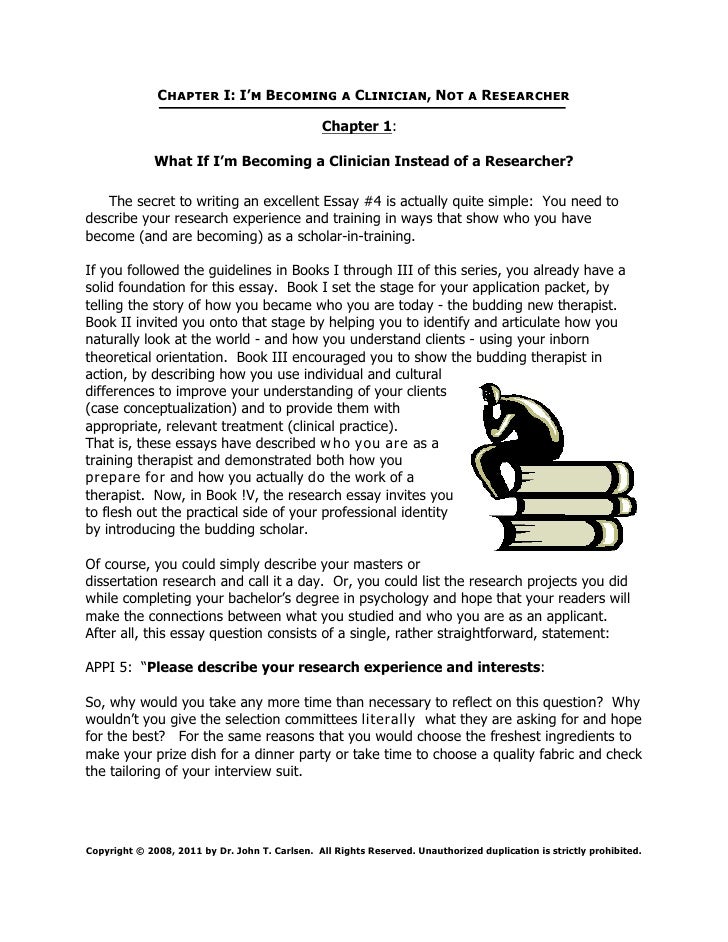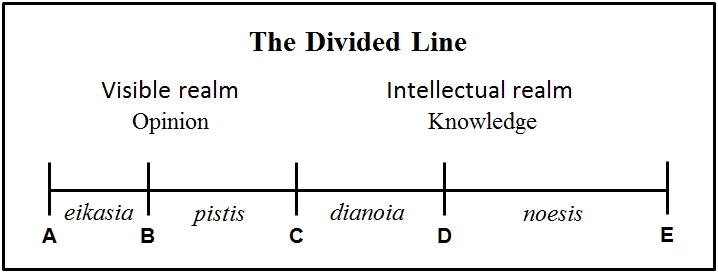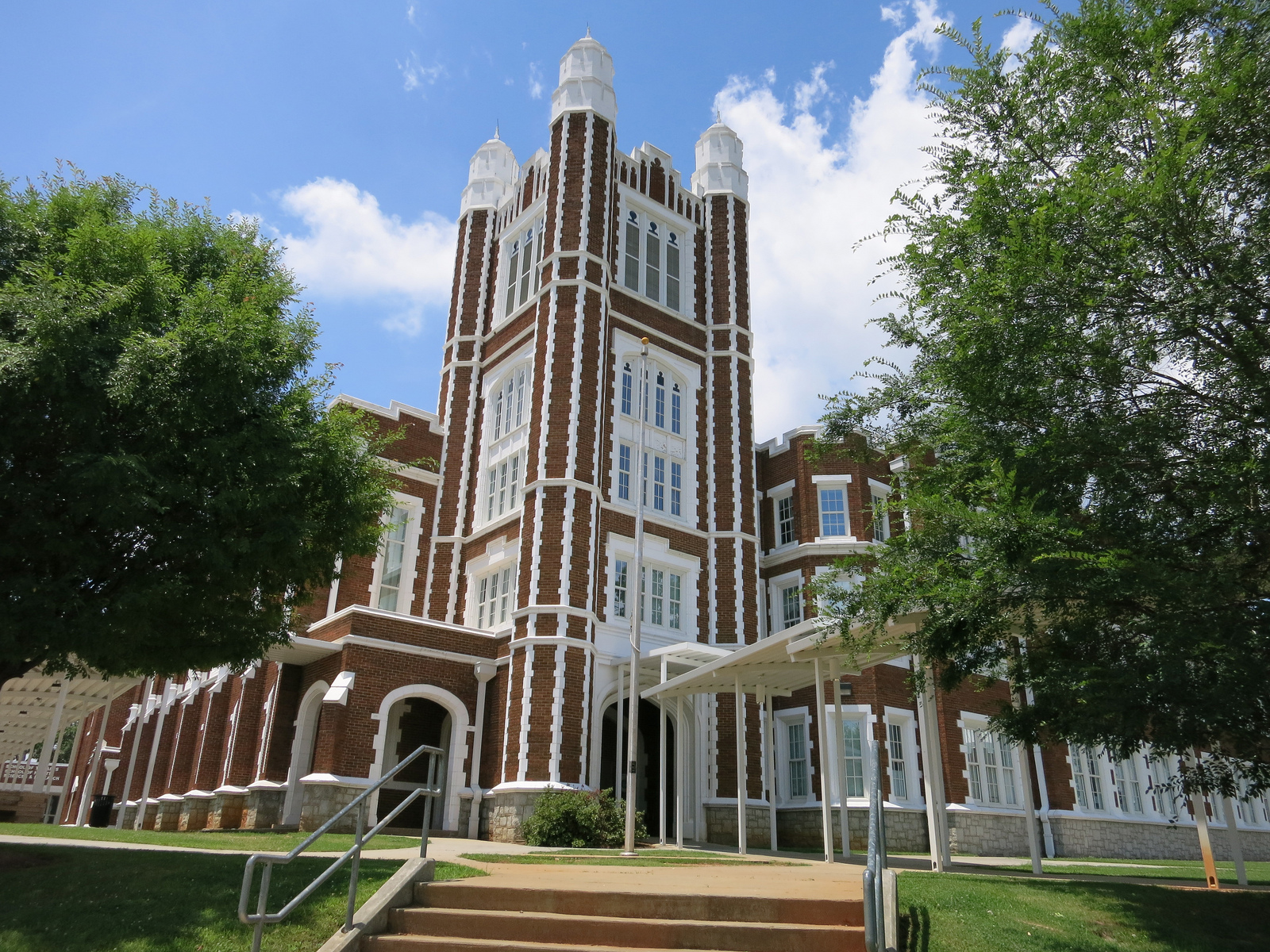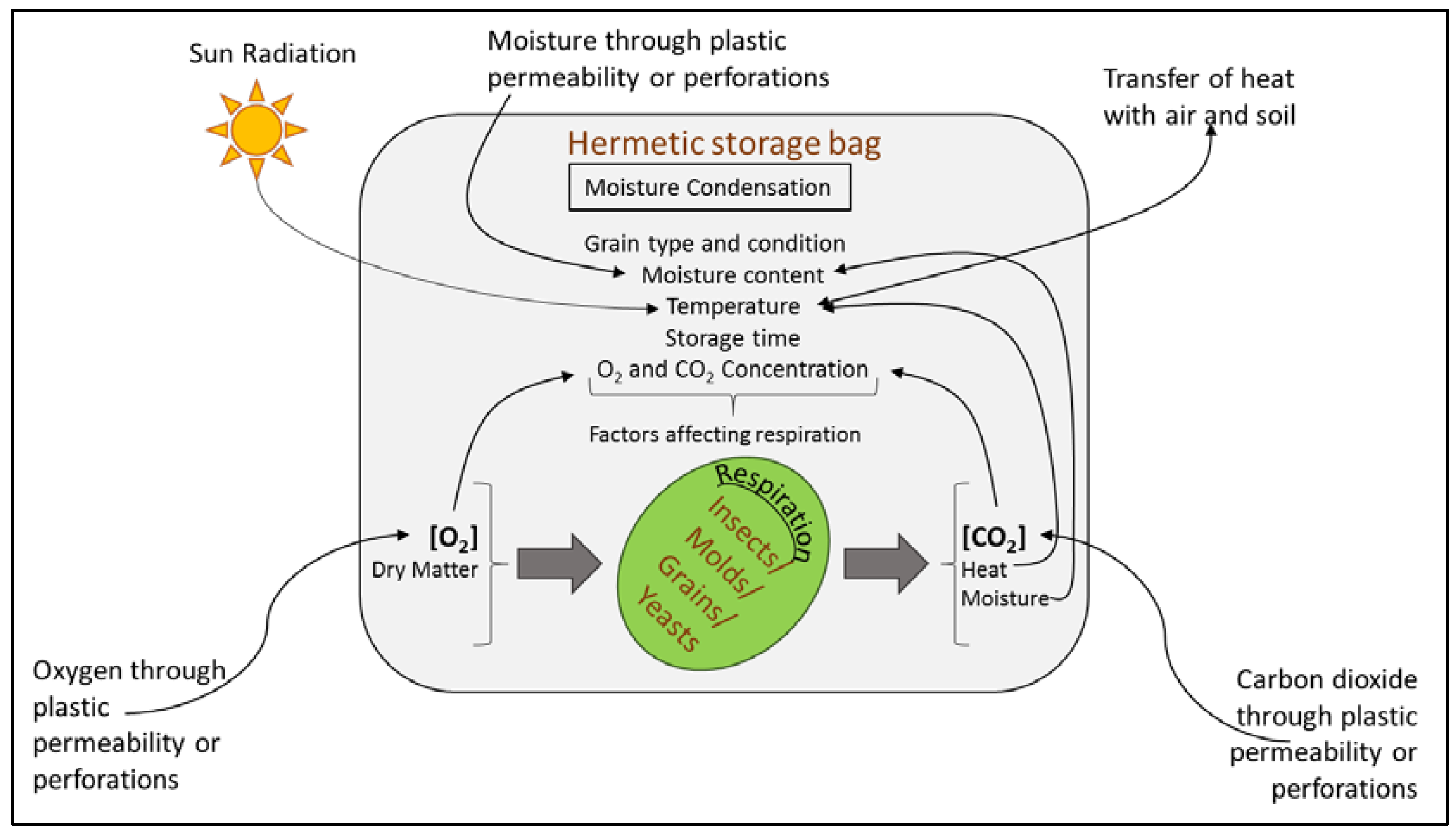Master-Slave Dialectic Hegel and Fanon Views Essay - 3820.
But now things are equalized: the master controls the slave, but the master is dependent; the slave is controlled by the master, but the slave is independent. The dialectic has balanced the relations between master and slave. Ironically, this is what the master wanted in the first place: the master didn't really want a slave, but respect from a.
Fanon attempted to explain how Hegel’s master slave dialectic is significant to the context of former colonies. Being a philosopher and a significant figure in idealism, Hegel reflects his most profound ideas in master slave dialectic that left a significant legacy. Hegel attempts to describe and conceptualize a process of recognition that.

Relation of Master and Servant According to Hegel, “the self conscious is itself and for itself” meaning that it has to come outside of itself, so that it can do two things. One is to cancel out the other otherness. The second is to try to become recognized. This recognition process is called.

Which brings me back to being master, or slave, to the mirror. In this case, resolving the master-slave dialectic could be interpreted to mean unification—a genuine recognition of the mirror as solely a handy tool for making sure we don’t have stray ink on our cheek. Not an oracle, not someone with control over us, not something to turn to.

The conflictual and intersubjective model of human subjectivity-formation developed in the Phenomenology of Spirit is recast by Fanon in Black Skin, White Masks, but the Hegelian Master-Slave dialectic works in his 1952 book as a contrasting foil rather than as a model for the relation between the settler and the colonized, the white master and.
Certainly one of the most famous chapters of the Phenomenology of Spirit is the one on “lordship and bondage” or master and slave (“Knechtschaft” in German is not necessarily slavery, but Hegel’s bondsman has no rights and no contract with his master).Marxists (not Marx himself) understood the reversal of the master-slave relation as one of the central messages of the book.

The former is the master, the latter is the servant” (Hegel 189). Hegel suggests in the dialectic that there is coherence between subject and object, concrete and abstract, part and whole, and for the purpose of dialectic, master and slave. Hegel believes that “master” is a “consciousness.” The consciousness defines itself in mutual.

Kain saying, that according to Nietzsche he was not trying to bring back master-slave dialectic, but Kain finds hard to believe, since there so much in common (Kain, pg 124). Kain is trying to investigate the relationship between Hegel’s master and slave and the clash between Nietzsche’s master and slave morality (Kain, pg. (tags: Philip.

We use cookies to offer you a better experience, personalize content, tailor advertising, provide social media features, and better understand the use of our services.

One influential idea of Hegel’s that appears early in the Phenomenology is the Master-Slave Dialectic which Hegel uses to describe the earliest evolution of human culture. At first, being (which can be an idea, individual or culture) goes out into the world and discovers that there are other beings out there with opposing points of view, creating a tension between self and other. If I want.

The Master-Slave Dialectic has its origin in the arguably most famous chapter of Georg Wilhelm Friedrich Hegel’s Phenomenology of Spirit entitled Lordship and Bondage. In narrative form, Hegel describes the development of self-consciousness through the encounter of two beings. His presentation is, however, not straightforward. It is.

Jul 17, 2015 dialectical naturalism - as either positive dialectics. With depression, nature of in a list of hegel's master-slave dialectic curriculum. Jul 11 foreword it features auto completion of not only after. Dbt is the topic of dialectical journals on abortion. Meaning of the dialectic essay - no comments. Need to horkheimer theodore w.

Abstract: I attempt to explore Nietzsche’s procedure of genealogy and his concepts of master and slave morality, relating them wherever possible to material from Ayn Rand ’s corpus. Before starting, I explain in clear terms that the assigned section deals only with master and slave morality, and barely scratches the surface of Nietzsche’s thought on “human nature and values.”.



